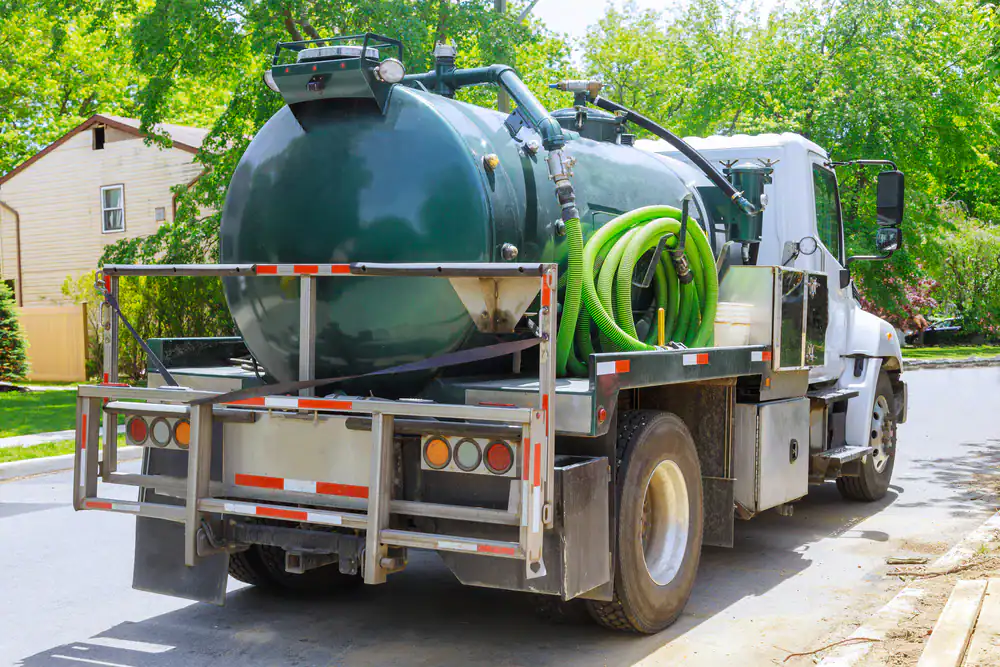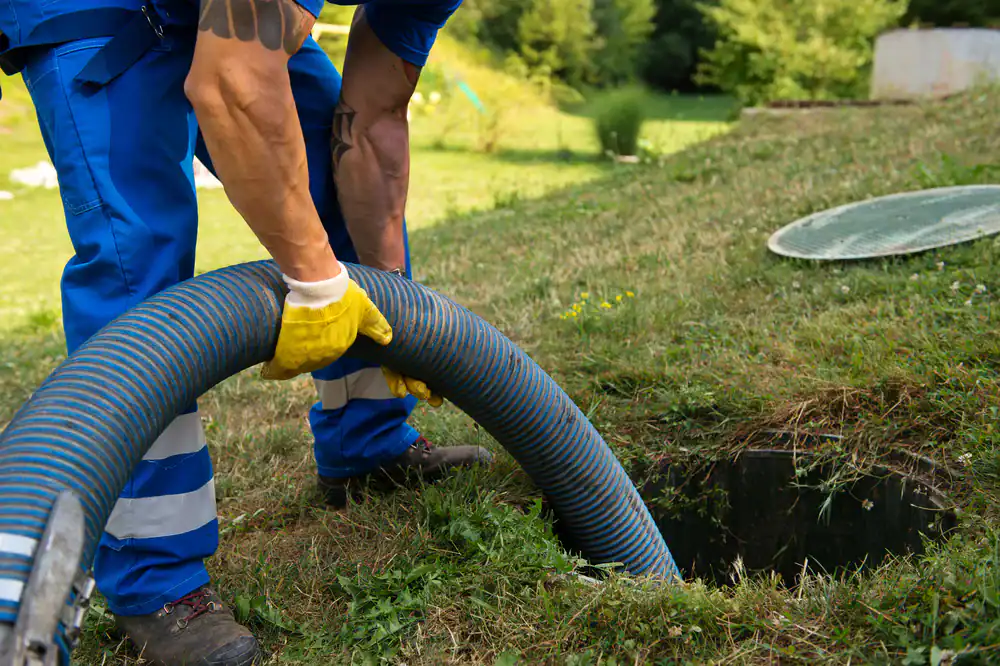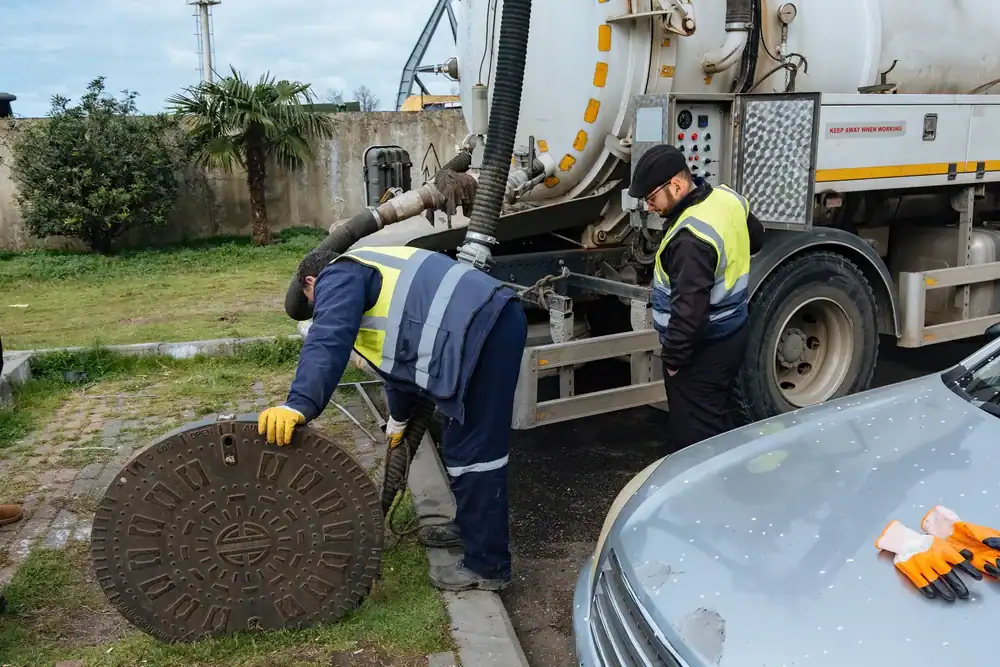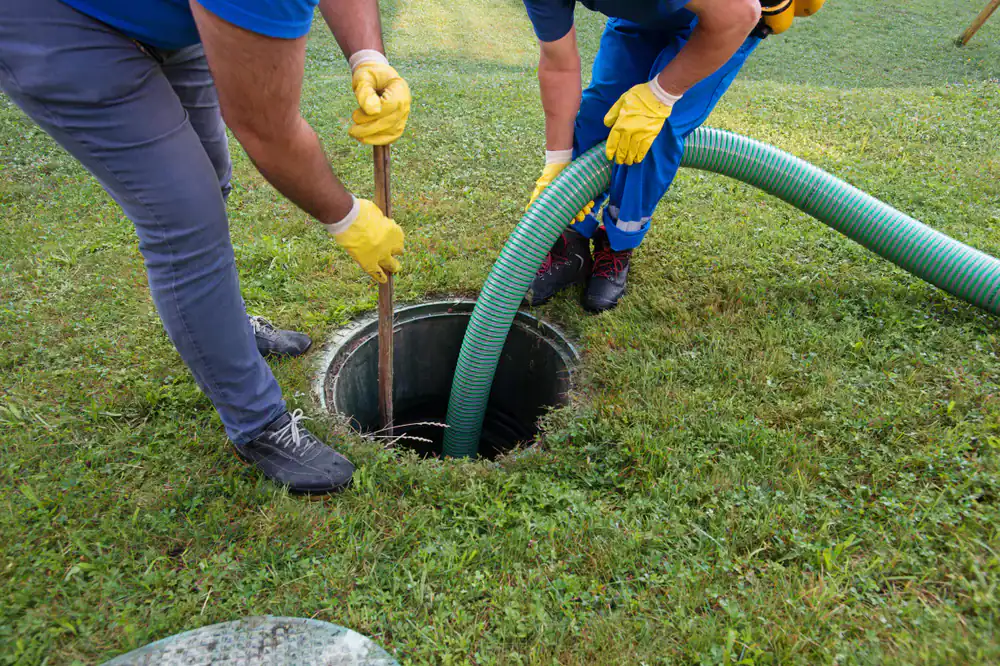
Our Reviews

You wake up to a functioning septic system that doesn’t demand your attention every few months. No more emergency calls to multiple contractors. No more wondering if that smell means disaster.
Your property stays clean and safe. Your family’s health stays protected. Your investment in your home stays secure.
When we’re done, you get back to living your life instead of managing septic crises. That’s what proper septic tank plumbing looks like.
All Rooter Hydro Jetting Experts Inc. has been solving septic problems for Barrington homeowners for over two decades. We’re licensed, bonded, and insured because septic work isn’t something you trust to anyone.
Barrington’s mix of older homes and newer developments means we’ve seen every type of septic system and every kind of problem. From the historic properties near downtown to the newer subdivisions, we know what works and what doesn’t in this area.
We’re not the cheapest option in town, and that’s intentional. Quality septic work costs more upfront but saves you thousands in the long run.

First, we diagnose the actual problem using camera inspection and pressure testing. No guessing, no unnecessary work. We show you exactly what’s wrong and explain your options in plain language.
Next, we handle all the permits and regulatory requirements. Illinois septic regulations are strict, and Barrington has its own specific codes we navigate for you.
Then we fix it right the first time using the appropriate method for your specific system. Whether it’s hydro jetting for clogs, drain field restoration, or emergency repairs, we use the tools and techniques that solve your particular problem.
Finally, we test everything to make sure it’s working properly and give you a clear maintenance plan to prevent future issues.

Ready to get started?
Our septic tank plumbing services cover emergency repairs, routine maintenance, drain field restoration, and complete system diagnostics. We handle everything from minor clogs to major system failures.
Barrington’s soil conditions and local regulations mean your septic system faces unique challenges. Clay soils can affect drainage, older systems may not meet current codes, and seasonal changes impact system performance. We understand these local factors and adjust our approach accordingly.
We also coordinate with Cook County Health Department and local building officials when permits are required. Most homeowners don’t realize that septic repairs often need permits, but we handle that entire process for you.
Whether you’re dealing with slow drains, backup issues, or planning preventive maintenance, we provide the specific services your Barrington property needs to keep your septic system functioning properly.

Most Barrington septic tanks need pumping every three to five years, but this depends on your household size, tank size, and usage patterns. A family of four with a 1,000-gallon tank typically needs service every three years.
However, Barrington’s clay soils can slow drainage, which may require more frequent pumping. We inspect the scum and sludge layers during service calls to determine your specific schedule.
Signs you need pumping include slow drains, gurgling sounds, or sewage odors around your drain field. Don’t wait for backups – they’re expensive and unsanitary to clean up.
Barrington’s older homes often have septic systems installed before current regulations, which can cause compliance issues during home sales or renovations. Many systems also have clay or steel components that deteriorate over time.
Root intrusion is extremely common here due to mature trees near septic lines. Roots seek out moisture and can completely block pipes or damage tank walls.
Drain field failures happen when Barrington’s clay soils become saturated and can’t absorb effluent properly. This often occurs during wet seasons or when systems are overloaded.
Yes, most septic repairs in Barrington require permits from the Cook County Health Department, though some municipalities have their own requirements. Any work involving tanks, drain fields, or system modifications needs approval.
Even “simple” repairs like replacing pumps or adding risers often require permits and inspections. The permit process typically takes two to three weeks, so plan accordingly.
We handle all permit applications and coordinate inspections for you. Trying to do septic work without proper permits can result in fines and force you to redo the work later.
Septic repair costs in Barrington range from $200 for simple filter replacements to $6,000+ for complete drain field restoration. Most common repairs like pump replacements or minor line repairs cost $800 to $2,500.
The wide price range reflects the complexity of different problems. A clogged line might cost $300 to hydro jet, while a failed drain field requires excavation, new piping, and soil testing.
We provide detailed estimates that break down labor, materials, and permit costs. Emergency calls cost more than scheduled service, but we don’t add hidden fees or surprise charges.
Tree roots are one of the most common causes of septic problems in Barrington. Mature oaks, maples, and willows send roots 50+ feet searching for water, and septic lines provide exactly what they need.
Roots can crack tank walls, block distribution boxes, and completely clog drain field pipes. Once roots establish themselves in your system, they’ll keep growing back unless properly removed.
We use hydro jetting to cut roots and remove debris, then recommend root barriers or chemical treatments to prevent regrowth. In severe cases, we may need to reroute lines away from problem trees.
Failed septic inspections in Barrington typically occur during home sales, refinancing, or permit applications. Common failures include inadequate tank capacity, damaged components, or drain fields that don’t meet current setback requirements.
You’ll receive a detailed report listing specific deficiencies that must be corrected within a specified timeframe. Some issues like cracked tanks require immediate attention, while others like missing risers can wait.
We work with inspectors and health department officials to develop cost-effective solutions that bring your system into compliance. Sometimes repairs are simple, but older systems may need significant upgrades to meet current codes.